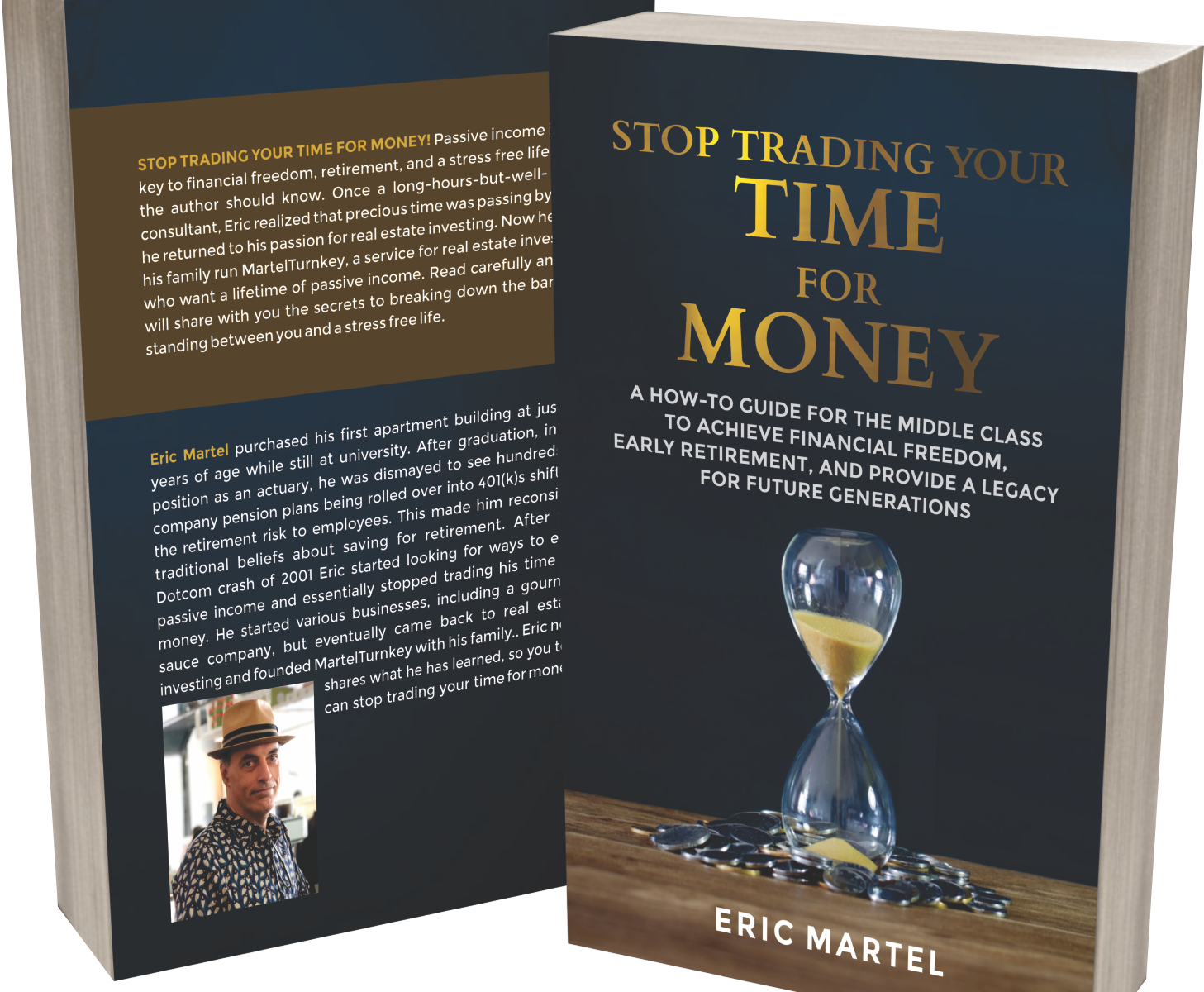When my wife and I were looking to buy our first home, we unfortunately found ourselves in a position where we were barely able to put enough down to purchase the home we wanted. We were looking for a home in Toronto, Canada and were determined to buy a home no matter how tight we were on cash. That’s when we came up with the idea that we would purchase a house with a basement and a separate entrance in order to house hack the property. That way, we’d be able to rent out that portion of the home in order to help us pay our mortgage and save up some more money. Throughout the process of house hacking, we came to discover that it was not for my wife Lynn and I. While some people love house hacking, we both realized that the personal impact it had on us was not worth the amount of money we were saving.
If you’re unfamiliar with house hacking, the concept is fairly simple: it’s an investment strategy wherein you are renting a portion of your house to someone else. It can be applied to multi-family rental properties, or your primary residence. For example, you could live in one of the multiple units of an investment property you’ve purchased, use it as your primary residence, and then use the money from other units you’ve rented out to pay your mortgage and other expenses. In single-family homes oftentimes the investor will live in the property and rent out a bedroom, basement or additional portion of the home in order to offset his mortgage and/or utilities. While house hacking is fairly easy to execute, however, it isn’t perfect. That’s why it’s important to weigh the benefits and the costs of house hacking before you jump in. Below are three reasons why house hacking can be problematic and why you may want to hold off before you decide to do it.
1. Personal Impact
When you decide to house hack, you’re either living in the same exact home as your tenants, or right next to them. And that’s tough. You automatically have less privacy, especially if you’re sharing a home with a tenant, and your responsibility dramatically increases. That’s because when you decide to rent out either a room or unit that you own, you immediately become both the property manager and the owner. You’re responsible for any issues that arise with your tenants, so you’ll need to be accessible at all times in case there are repairs that need to be done or problems you need to answer to. Because of this added responsibility, house hacking can make your life a lot more stressful. Warren Buffett once said that investing is best when it’s businesslike, and when you decide to house hack, investing becomes much more personal. It’ll be more difficult to remain objective, as you’re not just managing a property, but you’re also living there.
2. You Have to Be A Landlord
As stated above, house hacking can feel a bit too close for comfort since you’re suddenly living with or near your tenants. To make matters even more stressful, you’ll also have to assume the responsibility as landlord. And that means not just acting like landlord, but also legally being a landlord. You’ll have to do some research on your local and state laws when it comes to renting and make sure that you have a legitimate lease agreement that you can have your tenants sign and that will hold up in a court of law. It’s best to consult with an attorney to make sure that all of this is correct before you finalize your lease agreement. Additionally, because you’ll be acting as landlord in most cases, you’ll have to deal with the potential for a disagreement or possible evictions with the person(s) living with or near you. That’s why it’s important to select a tenant who you trust and will be compliant with your lease agreement.
3. It Anchors You
If you’re going to house hack in order to afford a property that you wouldn’t otherwise be able to afford, it may be a better idea to hold off and instead, buy a property you can fix and then flip. That’s why at MartelTurnkey, we suggest that if you do house hack, quickly move out so you’re not anchored to the property. After you do this, you can then rent an apartment and use the money you’ve made from selling what you house hacked in order to buy an out of state turnkey rental property. If you’ve bought a property in a location you’re not in love with, you may be forced to live there longer than you wanted to. If the numbers are good enough, this could be worth it. However, if multiple repairs are needed, you have to travel far for work, and you hate the area you live in, the cash flow on the property you house hacked really may not be worth it.
While house hacking does have it downsides, it can be used positively in certain situations. Before you jump into house hacking headfirst, however, make sure you’re taking into account the cost of potential repairs you may need to make on your personal unit or those of your tenants. It’s also important to run the numbers to see what you’re looking at in terms of cash flow and potential profit. As mentioned above, if you are going to house hack, it may be a good idea to do it for a short period of time, then sell the house or property and use that money to buy an out of state turnkey rental. This will guarantee you cash flow with minimal work and a lot less stress.








